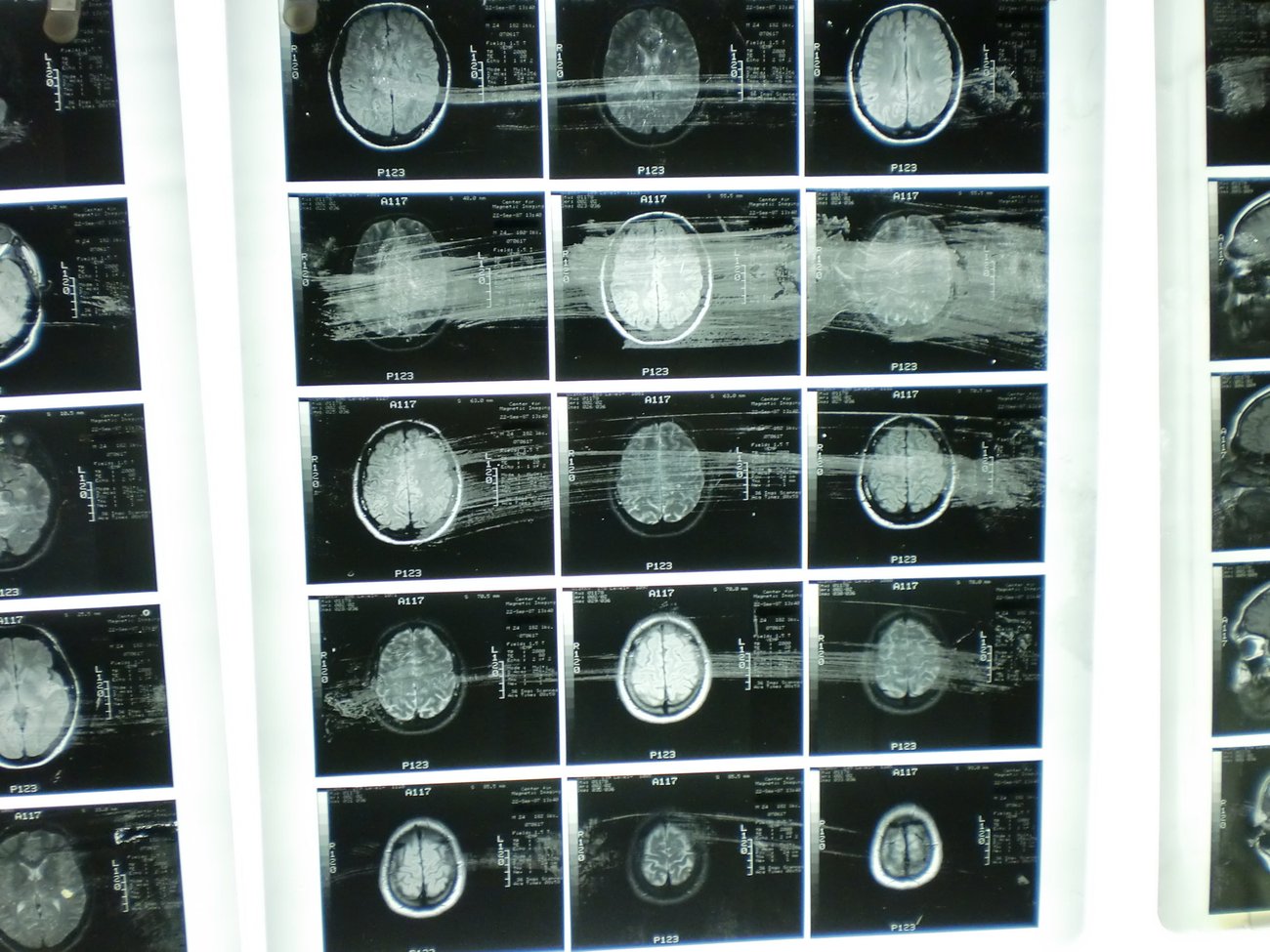
They’re called “lie detectors,” but here’s the hard truth: traditional lie detectors (or polygraphs as they’re known) can, in fact, be lied to, if you remain calm, keep your heart rate down, and breathe deeply (or just follow the advice of polygraph operator Doug Williams).
But what if there were a way to accurately tell if someone were lying every single time? Surprise, surprise: such a thing is already in the works – and it’s far from simply the stuff of science fiction.
So what does this technology do? Essentially, it can read your mind.
Let that sink in.

University of Canterbury academics are investigating the forensic potential of brain scanning technology, also known as ‘brain-fingerprinting’. The potential was discussed at a public lecture on Wednesday at the university’s main campus in Christchurch.
The central aim of the project is to investigate and attempt to validate the forensic application of brain-wave technology pioneered by Dr Lawrence Farwell in the United States. The technology, which was accepted as evidence and favourably commented on in a 2003 court case in the US state of Ohio, has not been generally accepted or applied in US jurisdictions yet, nor in any countries outside the US.
Forensic brain-wave technology is designed to detect knowledge of information contained in the brain by reading and analysing the brain-waves of tested subjects using an EEG. A type of brain wave known as the P300 is analysed, and analysing activity on this brain wave allows investigators to determine if someone knows about something. In that sense, it’s not a “lie detector” per se, but allows investigators to know if a person knows about something – even if they claim they don’t.

Robin Palmer.
Even with present technology, the tests are incredibly accurate, with a reported 96 percent to 99 percent accuracy level. The potential uses of this technology are far-reaching, including solving crimes, settling lawsuits, employment disputes, counter-terrorism, drug detection, and more.
At the talk, Forensic Brain-wave Project leaders Professor Robin Palmer and Dr Debra Wilson of the UC School of Law discussed the research along with key team member UC Adjunct Professor Richard Jones, of the New Zealand Brain Research Institute.
The UC School of Law is leading the New Zealand Law Foundation-funded project, in association with partner researchers from Otago, AUT and Massey universities, investigating and attempting to validate forensic brain-wave analysis.




